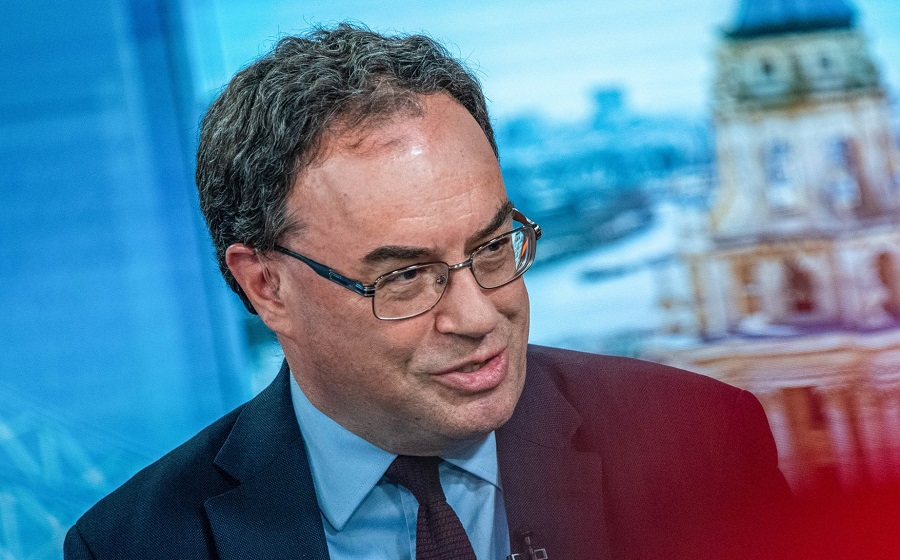A new conundrum facing the BoE
The Bank of England has faced a particular problem when it hiked base rates.

Bank of England Governor Andrew Bailey
>> Impacts of sharp rate hikes from central banks
It was that the rise in base rates lifted mortgage rates and, as mortgage costs were included in the old Retail Price Index (RPI) which formed the Bank’s inflation target, the base rate hike, which was designed to reduce inflation actually increased inflation through this mortgage effect. The 2003 adoption of the CPI as the new inflation target ridded the Bank of this problem. But fast forward to today and the Bank is facing another problem as it hikes rates and this is one that has bigger reverberations for the government.
The UK has just about the worst inflation performance of the G10 countries and, in an important sense, it (or, more specifically the government) has the most to lose from high and persistent inflation. This is because the UK has a much higher proportion of index-linked securities in its debt than other countries. And clearly, as inflation has soared, so the fiscal cost to the government has increased.
For instance, while the UK’s debt-to-GDP ratio is certainly not the highest amongst developed countries (Italy and Japan are far higher, for example), debt servicing costs in the UK account for a much higher proportion of GDP than other countries at around 10% of GDP. This huge fiscal cost arguably puts an even greater burden on the BoE than other central banks to get inflation down for, after all, the BoE is just a branch of the government. But the problem is that reducing inflation requires higher base rates and this, in turn, increases the fiscal burden in two ways.
First, by lifting the rate, the bank pays on the reserves that were used to finance quantitative easing (QE), the Bank finds that its costs increase, but its revenues from the gilts it owns (which were part of QE) go down as these lose value because of the rise in base rates. It is a double whammy and a double whammy of the Bank’s own making as it lifts base rates.
As things stand at the moment the Bank of England made around GBP125bn in profits from QE initially as the rate paid on reserves was lower than the yield available on the gilts that the Bank bought. But now that’s reversed and calculations suggest that current and future losses will be far larger than the profits made previously. Fitch, for instance, puts the likely losses at GBP150bn. One potential way to delay the pain is to resist crystalising the losses by holding back from gilt sales. But the Bank is not doing that.
In fact, Dave Ramsden, the member of the MPC with responsibility for this area suggested recently that gilt sales could be stepped up. Now clearly this is a huge problem, but it is a potential problem shared by other central banks that conducted QE, even if others are not impacted in the same way as the UK from having such high index-linked debt. But we have already seen signs that many others are responding to this problem to a greater extent.
>> The pound’s rally might not occur again in 2H23
For instance, the ECB announced last week that it will no longer pay interest on the minimum reserves that banks hold at the ECB. At the same time, it seems that many other central banks are far more reticent to step up the disposal of bonds in the same way as we’ve seen in the UK.
A key question for not just the gilt market, but UK assets more generally, is whether the UK’s approach, which some would argue is foolhardy, could undermine assets. For instance, could it threaten more stress in the bond market (and the pound) as we saw last September when the short-lived Liz Truss government opted to play fast and loose with the budget finances?
Mr. Steve Barrow, Head of Standard Bank G10 Strategy, said while specific vulnerabilities in the pension sector exacerbated the rout in gilts back then, and probably added to the pound’s weakness, it is certainly not impossible that this hugely difficult conundrum facing the BoE and government leads to more tension in the future – particularly if the new Rishi Sunak government decides to use fiscal largesse to win votes in what’s currently looking like an unwinnable election next year.








